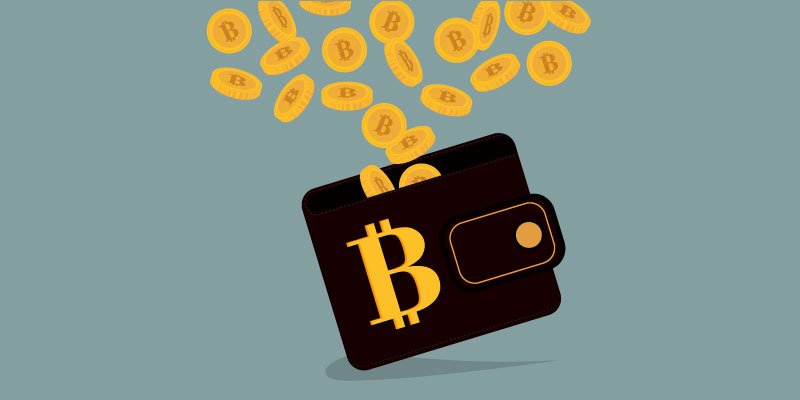Bitcoin is a type of digital currency in which encryption techniques are used to regulate the generation of units of currency and verify the transfer. P2P network-based virtual currency that is traded online and exchanged into currencies. When paired with third-party services, allows users to mine, buy, sell, or accept bitcoins from anywhere in the world. The offer of transactions with relative anonymity is a significant financial power and brings changes to the future payment systems. Transactions are made with no banks interfering, so there are no transaction fees. More merchants are beginning to accept them. Every-one can buy services, goods but also criminals have a way to transfer very their in-come from illicit activities completely anonymously.… Read the rest
Information Systems Management
Bitcoin – Meaning, Transactions, Mining and Network Security
Bitcoin is a decentralized virtual cryptocurrency, launched in 2009 by an unidentified person known as Satoshi Nakamoto. It does not rely on any central services for managing the creation or flow of money. It relies on cryptographic algorithms in order to prevent abuse of the system. It is abbreviated as BTC and is powered by a peer-to-peer network in the public domain both in terms of issuing and valuation.
Until Bitcoin €™s invention, online transactions always required a trusted third-party intermediary. For example, if a person A wanted to send $10 to B over the Internet, he would have had to depend on a third-party service like Paypal.… Read the rest
The Changing Face of Modern E-Commerce Software Solutions
The e-commerce industry generates billions of dollars on an annual basis and it is no surprise that this trend is only expected to pick up pace in 2019. However, the entire sector has also become highly competitive due to the influx of small- to medium-sized businesses. No longer are e-commerce solely intended for larger organisations with a significant amount of investment capital. Individual business owners are now leveraging the tools that these software applications have to offer. This is why a paradigm shift has become taking place. E-commerce solutions now need to be tailored around the needs of those with little previous coding or financial management experience. … Read the rest
Everything to Know about Passing Microsoft MCSA Certification Exams
MCSA, an acronym for Microsoft Certified Solutions Associate, is an entry-level credential course from the flagman IT company, Microsoft. It helps an individual establish knowledge and expertise on various Microsoft technologies.
This course is a requirement for attaining higher certifications that help you achieve great competence in the subject. Truth be told, MCSA is the first of the MCP (Microsoft Certified Professional) certificates. This certification plays a really indispensable role in the corporate world for the sake of displaying technical knowledge of any Microsoft product or service.
No doubt, Microsoft MCSA is one of the highly recognized and most popular certification paths that we know.… Read the rest
Ethical Hacking – Need, Types, Applications and Problems
The word hacking is defined as an illegal use of the other’s computer system or the network resources. Hacker is the term which is formerly meant for the skillful programmer. The word hacker refers to the names of the persons who enjoys the work in learning the details of the computer systems and stretch the capabilities from the system. The system of hacking describes the fast improvement in the new programs that make the codes for the providing a better security to the system with more efficiency. The word cracker also belongs to the same field it make use of the hacking skills for the unlawful purposes like email id, intruding into other’s system.… Read the rest
E-Service Orientation
The traditional e-commerce paradigm based on e-tailing, commodity goods, and transaction sales, has largely failed and taking the international stock markets down with it (Dotcom bubble). Those organizations that have survived this meltdown have one thing in common – they learned quickly to embrace the e-service paradigm. The new e-service paradigm takes advantage of the inherent nature of the online environment to feature information flows and computation, as a means of learning more about customers and building long-term customer relationships. Its profitability model is based more on revenue expansion than on cost reduction, and those revenues come from enhancing the service experience rather than just replacing people with automated systems.… Read the rest
